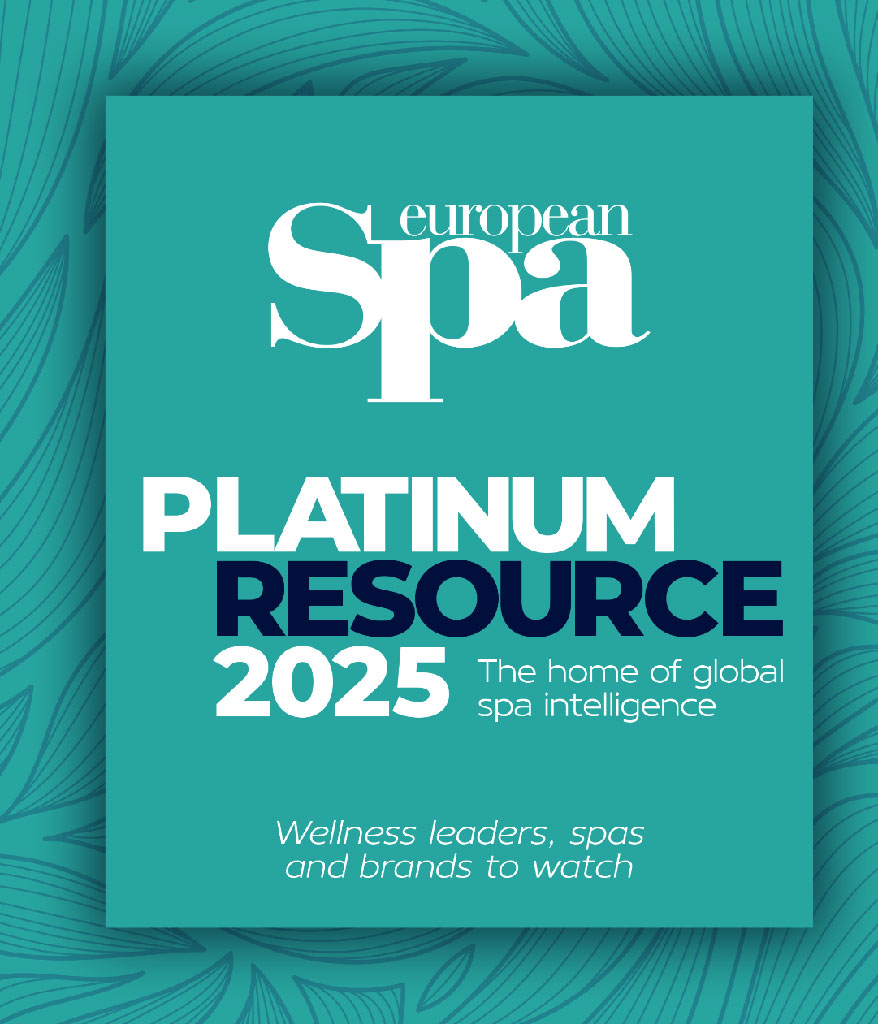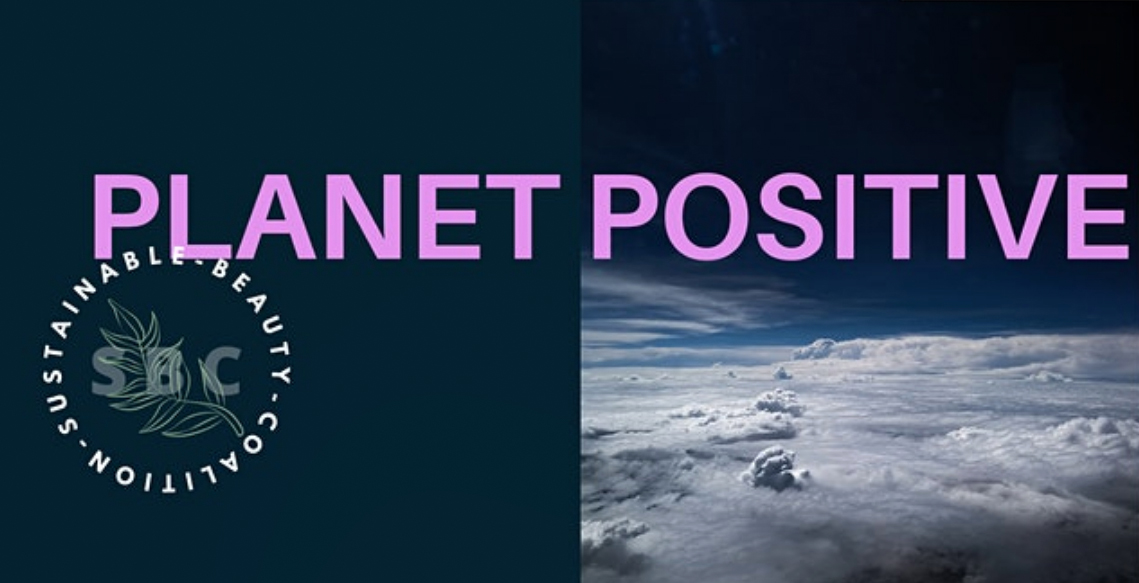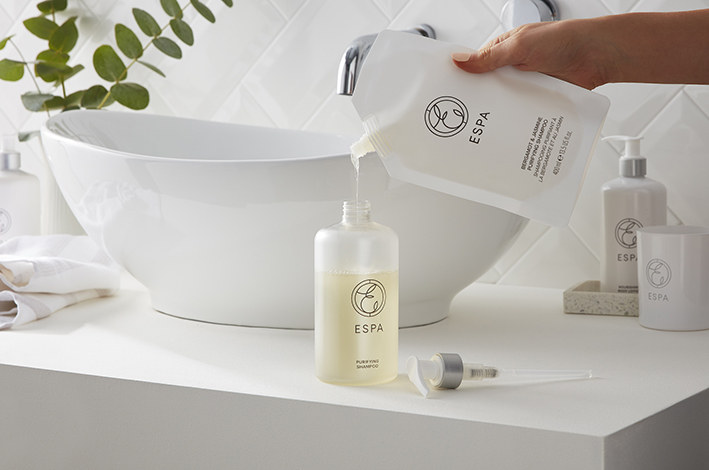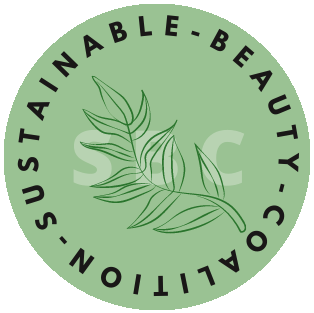Collaboration is key to making the beauty industry more sustainable, The Sustainable Beauty Coalition (SBC) revealed yesterday (Tuesday, November 2), during its Planet Positive virtual panel.
The event was live-streamed from the COP26 climate summit in Glasgow, Scotland, where world leaders are currently gathered to address the climate crisis.
The panel was hosted by journalist, author and British Vogue contributing beauty editor Kathleen Baird-Murray, and featured SBC founding members Jayn Sterland, Oriele Frank, Michelle Feeney, Jo-Anne Chidley, Helen Cox and Jessi Baker.
Panelists said that transparency and collaboration are key to reducing the beauty industry’s impact on the planet.




















